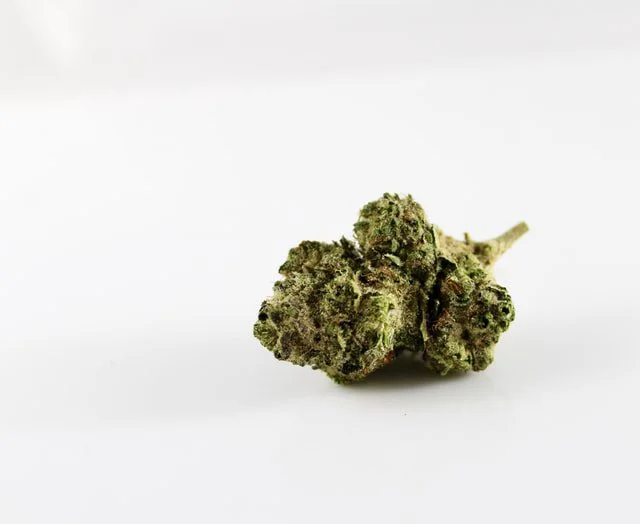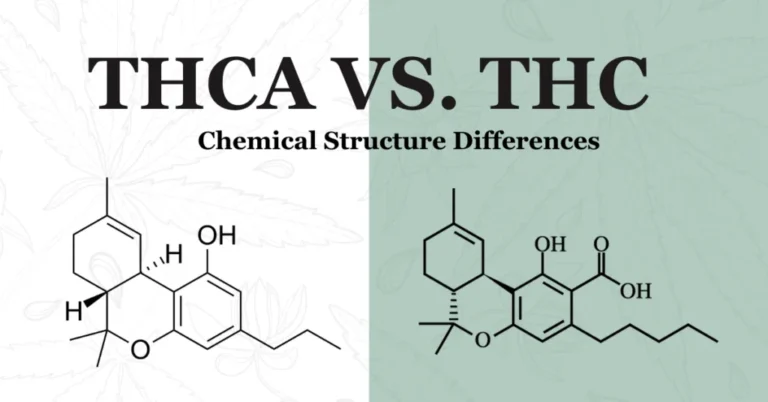Does Delta 9 Affect Dopamine
Delta 9 THC, the primary psychoactive compound in cannabis, is renowned for producing the euphoric “high” that users often seek. This sensation is closely tied to Delta 9’s interaction with the brain’s dopamine system. Dopamine, a key neurotransmitter, plays an essential role in regulating mood, pleasure, motivation, and reward. Understanding how Delta 9 influences dopamine helps illuminate its psychoactive effects and potential implications for mental health.
When Delta 9 enters the brain, it binds to cannabinoid receptors, particularly the CB1 receptors found in areas associated with mood and cognition. This binding initiates a series of biochemical reactions that lead to the release of dopamine in the brain’s reward pathway, including regions like the nucleus accumbens. This release of dopamine is central to the pleasure and euphoria that many users experience when consuming Delta 9.
Delta 9 stimulates the brain’s reward system, temporarily boosting dopamine levels and creating an elevated mood and sense of well-being. This increase in dopamine is one reason people often use cannabis recreationally, as they seek the pleasurable feelings it can produce. However, this effect can have complex implications for the brain’s natural regulation of dopamine.
With prolonged or frequent use of Delta 9, the brain may alter how it processes dopamine. Regular consumption of THC can lead to a reduction in the brain’s natural dopamine production, resulting in lower baseline dopamine levels over time. Consequently, frequent users might find themselves feeling less motivated or experiencing a dip in mood, often requiring higher doses of cannabis to achieve the same euphoric effects. This phenomenon, known as tolerance, occurs because the brain adapts to the consistent presence of THC by modifying its dopamine response.

The connection between Delta 9 and dopamine is crucial when discussing mental health. While occasional use may not significantly affect dopamine regulation, heavy or long-term consumption can lead to more serious consequences. For those susceptible to mental health issues like anxiety or depression, the influence of Delta 9 on dopamine could worsen symptoms or contribute to emotional instability. Additionally, some studies indicate that excessive THC use might elevate the risk of developing conditions such as schizophrenia in predisposed individuals, though further research is needed to clarify this relationship.
Conversely, there is research suggesting that Delta 9 could have therapeutic benefits for people with dopamine-related disorders. In specific instances of depression or Parkinson’s disease, where dopamine levels are low, cannabis might temporarily enhance dopamine activity and provide relief. However, the precise effects of Delta 9 on these conditions remain unclear, and any medicinal use should be approached with caution and under professional guidance.
Delta 9 THC’s influence on dopamine is central to its psychoactive effects, shaping mood, motivation, and feelings of reward. While it can promote pleasure and relaxation by increasing dopamine levels, chronic use may alter the brain’s long-term regulation of this neurotransmitter. It is essential to weigh the short-term benefits against potential long-term effects for anyone considering Delta 9, whether for recreational enjoyment or therapeutic purposes. Consulting a healthcare professional is always recommended to ensure safe and informed use of cannabis.






